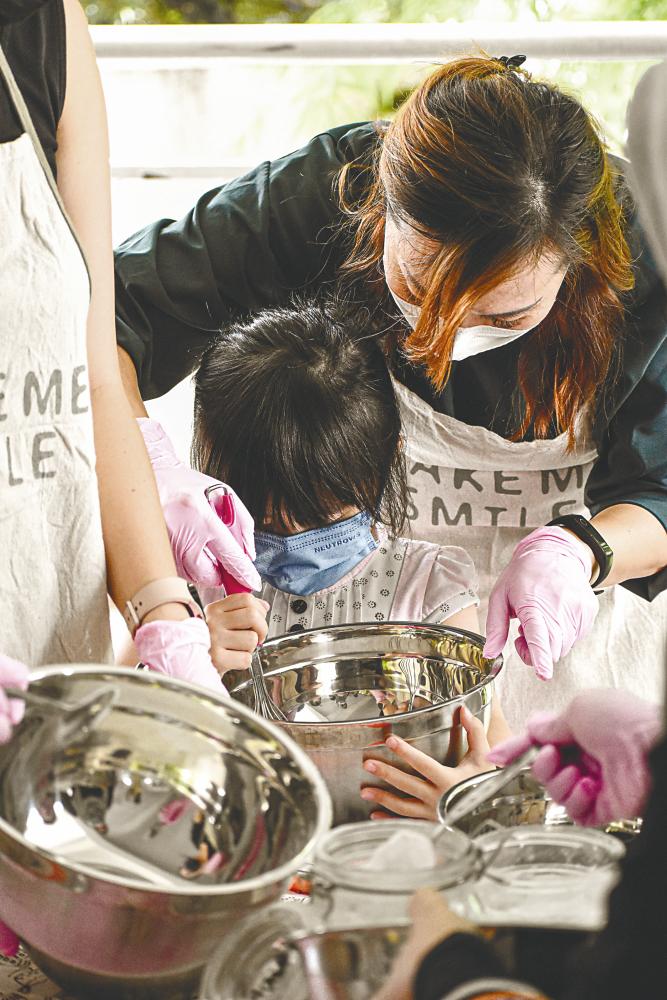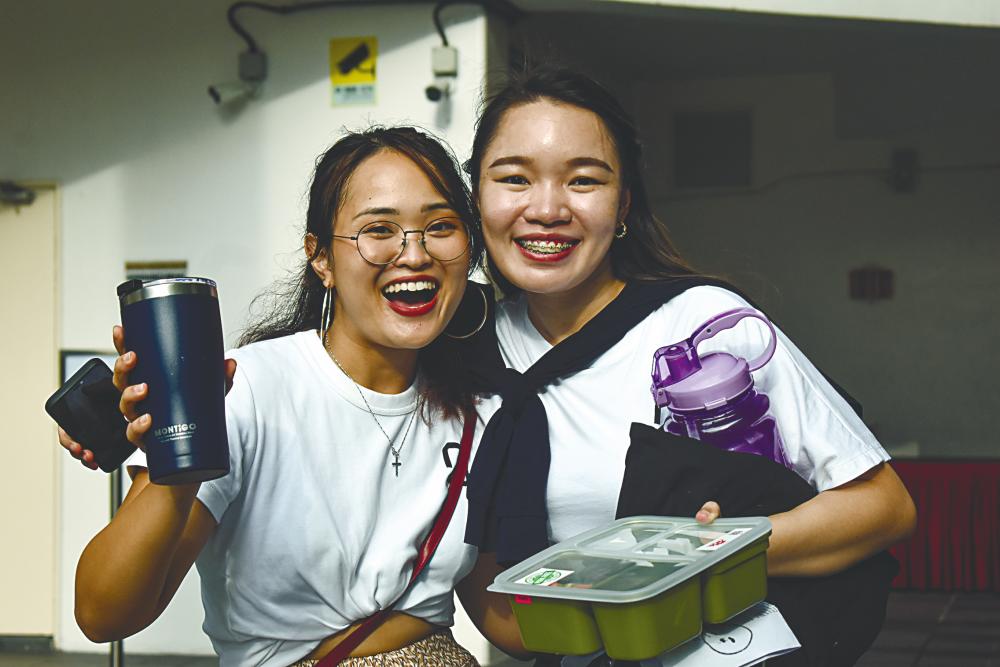LAST Saturday, Zero Waste Malaysia held their 3rd Zero Waste Festival at Taylor’s Lakeside Campus. The Under The Stars: Zero Waste Festival welcomed over 2,000 individuals and featured many activities including low waste workshops, a Zero Waste Marketplace, Zero Waste Picnic, Zumba sessions, and an Open Mic Night.
According to Khor Sue Yee, one of the co-founders and executive directors of ZWM, they wanted to show that sustainable living doesn’t have to be boring. It can be fun and interactive, and Under The Stars showed just that.
Research shows that festivals generate 25,800 tonnes of waste annually, but with a Zero Waste festival, it’s the complete opposite. Another added point of hosting a Zero Waste event? Minimum cleanup after. ZWM aims to let future event organisers see how it’s possible to host a big event without creating a lot of waste.
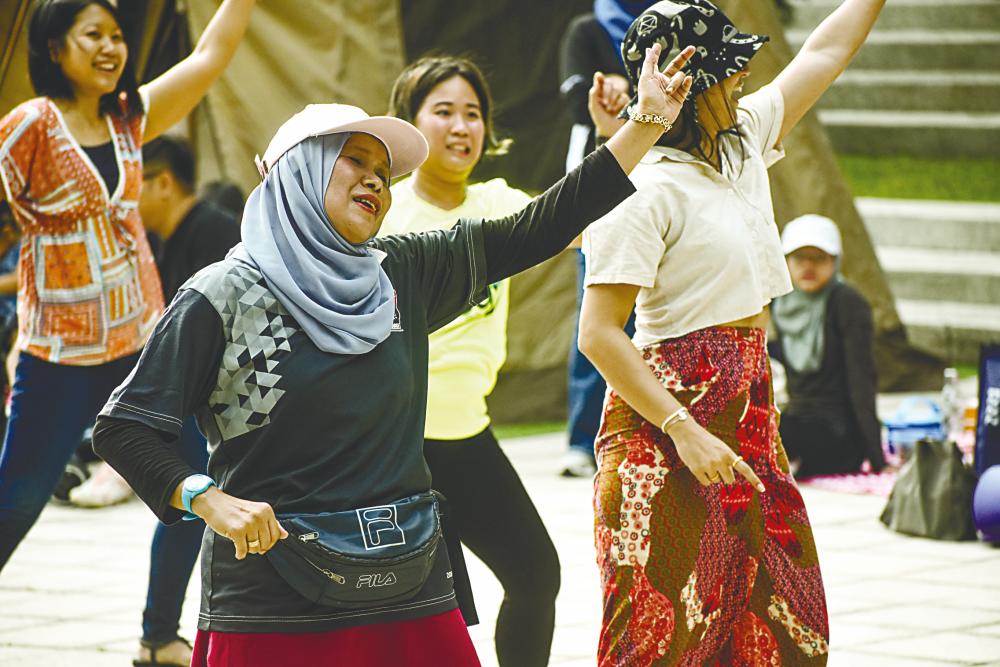
I interviewed a few participants and found out that many of them had never heard about the Zero Waste movement prior to this event.
Aireen, 18, from Bukit Jelutong, came for the performances but ended up learning more about the environment.
“Initially, I joined this event because I wanted to get out of my comfort zone and meet new people, but the Zero Waste Marketplace surprised me. I learned a lot of interesting information and I think this festival is beneficial for teenagers to learn more about the importance of reducing waste.”
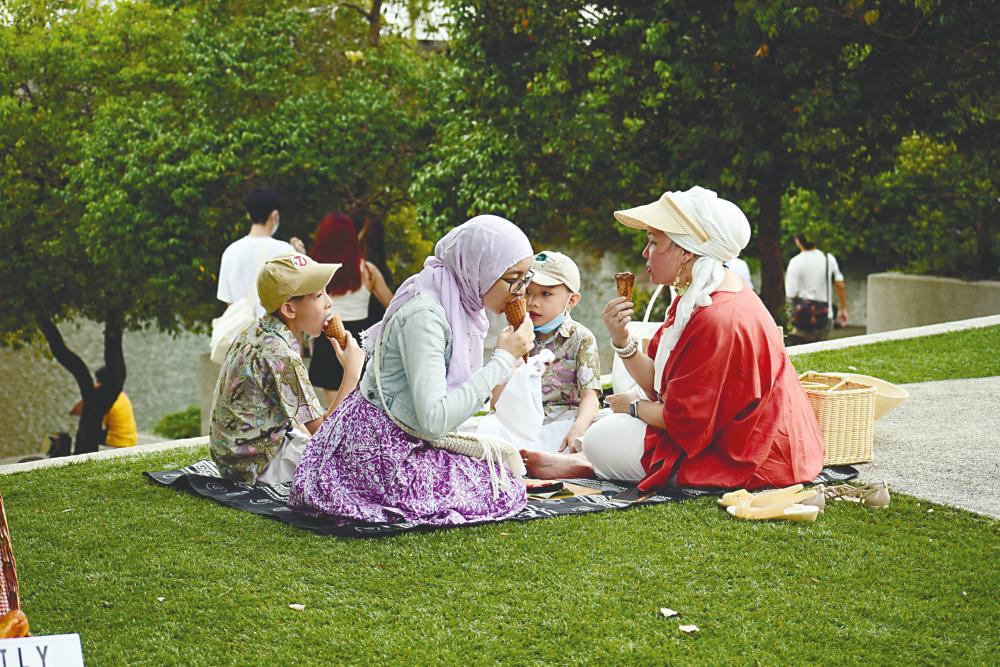
Bukit Gasing state assemblyman Rajiv Rishyakaran also attended the festival and commented: “I am genuinely impressed at the intricacy and planning of the zero-waste team to create an ecosystem where going zero-waste was seamless for the day. All the vendors avoided unnecessary packaging and encouraged people to bring their own containers. They also provided container rentals for those who might forget, knowing and understanding the Malaysian behaviour well. I hope for more events like this, because it acts as an entry point and a real-life demonstration to encourage people to embark on a zero-waste lifestyle”.
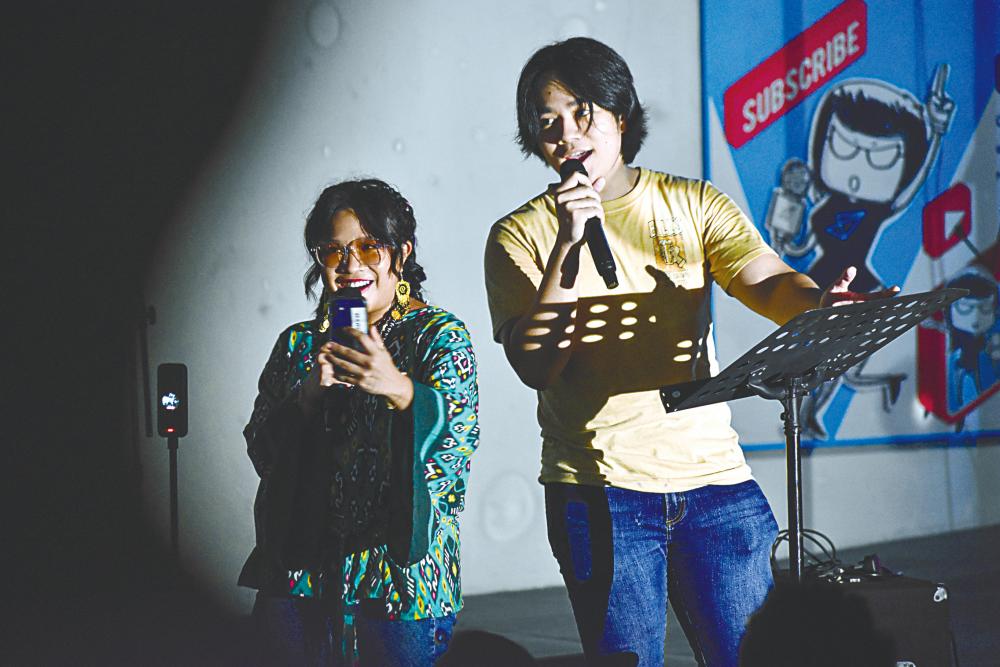
Under The Stars showed that events can easily turn sustainable, and it was thanks to key Zero Waste Ecosystem partners like Trashcycle, Tapauware, and Opack, who offered a collection of recyclables and rental of food containers.
Over 30 vendors (some who aren’t usually Zero Waste) agreed to serve and sell package-free, reducing the usage of single-use disposables.
Notably, the KakiRepair team was one of the vendors and showed people that instead of throwing away their broken household items, they could fix them, which the team did for free.
The festival also kickstarted the month-long zero waste challenge to continue the momentum called Mission 30: Zero Waste Challenge.
So if you missed the event and want to find out more about taking up a Zero Waste lifestyle, take on their Mission 30, which challenges participants to take small steps toward a more sustainable lifestyle throughout the month of October.
The winners who collect the most points at the end of the challenge stand a chance to win prizes worth a total of over RM9,000.
To learn more or to participate in the ongoing Mission 30: Zero Waste Challenge, go to bit.ly/mission30zwm.
